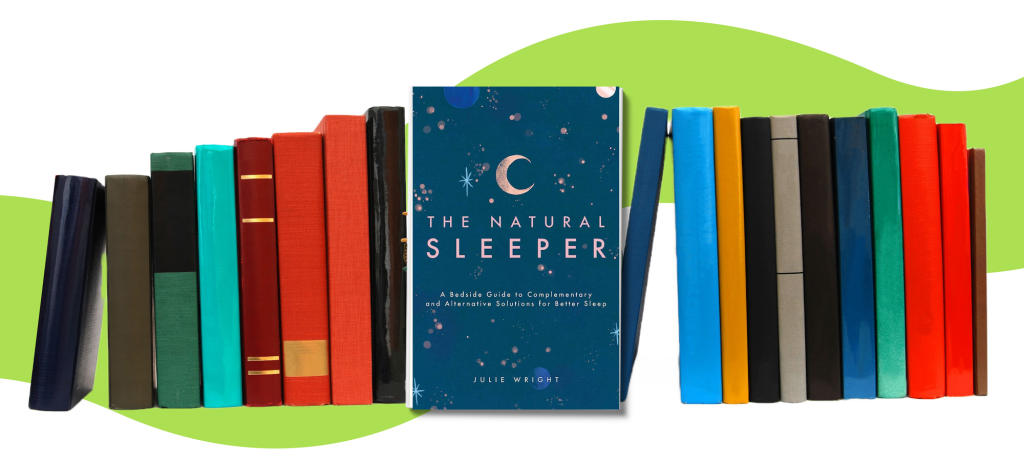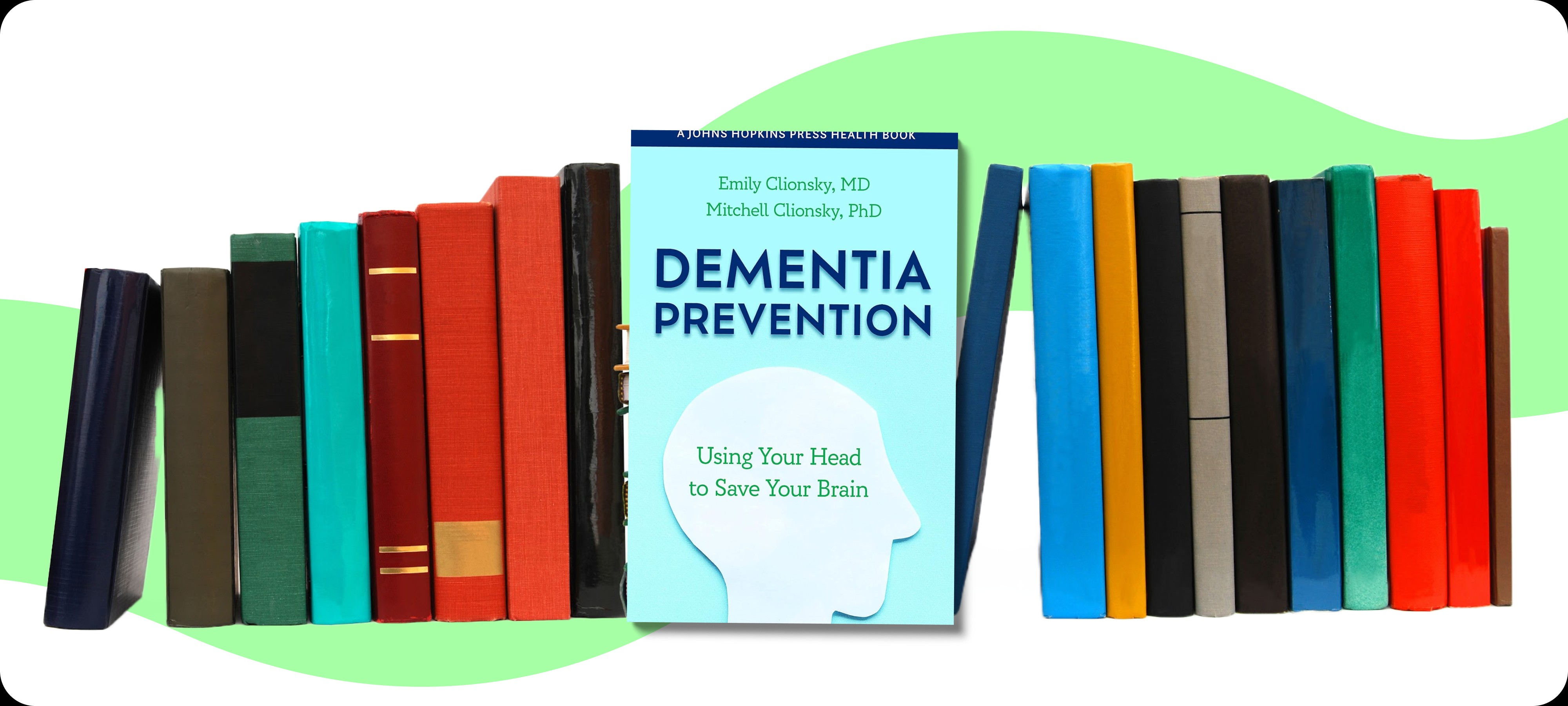“A comprehensive guide to natural and easy-to-access remedies for insomnia and poor sleep hygiene that will help you finally achieve a good night’s rest.”
Sleep is essential for the well-being of your body and mind. When having a decent night’s rest of 7-8 hours we are more upbeat, productive and motivated.
A good night’s sleep makes immunity stronger, helps maintain weight, and lowers the risk of succumbing to chronic diseases.
Besides its importance, modern life offers too many distractions and obstacles that cause disrupted sleep and insomnia.
To address these issues, Julie Wright has written a book ‘The Natural Sleeper’. This read is claimed to become your ”guide to natural and easy-to-access remedies for insomnia and poor sleep hygiene that will help you finally achieve a good night’s rest.”
Author’s background

Julie Wright is a multi-talented individual with a diverse background in entrepreneurship, sleep advocacy, public speaking, and writing.

Julie is the Chief Sleep Orchestrator and founder of WeSleep – an organisation dedicated to promoting well-being through quality sleep. As the Chief Sleep Orchestrator, she offers a range of services tailored to combat sleep deprivation and insomnia. Through WeSleep, Julie conducts webinars, workshops, lectures, and one-to-one consultations, catering to a diverse clientele that includes start-ups, agencies, media and entertainment companies, educational institutions and many others.
What is the book about?

‘The Natural Sleeper’ is the ultimate resource to help you reclaim your sleep patterns. This comprehensive book combines self-help strategies and relaxation techniques, presenting a wide range of natural remedies to improve your sleep.
The book begins by highlighting the importance of quality sleep and dives into various factors that impact our ability to sleep well, offering valuable tips along the way. It covers essential topics such as light exposure, exercise, and dietary choices, providing simple yet effective modifications to promote restful sleep. While alternative remedies and therapies are mentioned, the book caters to readers with diverse interests and offers a wealth of information to explore.
Within its pages, you’ll find a wealth of information and practical tips, presented in a straightforward and accessible manner. The book features two charts that serve as navigation guides, helping you identify the remedies and therapies that align with your specific needs. By locating corresponding suggestions on the charts, you can refer to the relevant pages for detailed explanations and further guidance.
In addition to providing practical recommendations, such as creating a worry jar to clear your head before going to bed, ‘The Natural Sleeper’ encourages readers to engage with the book actively. With spaces to write and reflect, it invites you to take charge, commit to change, and embark on an explorative journey toward peaceful nights and improved sleep rituals.
Key takeaways from ‘The Natural Sleeper’

1Keep negative emotions out of your bedroom
The book emphasises the importance of mental peace before going to bed. When we go to bed furious or teary, our brains continue to process these negative feelings and memories during sleep. This can lead to restlessness and even physiological stress responses that may wake us up during the night.
To promote restful sleep, it is essential to address and resolve conflicts or negative emotions before bedtime, allowing for a calmer and more peaceful sleep experience.
2To let out all intrusive thoughts and worries, use a ‘worry jar’
To ensure a restful night’s sleep it is crucial to let all the worries and fears out of your head. For this purpose, the author suggests using a ‘worry jar.’ By writing down each worry on a piece of paper, folding it, and placing it in the jar, you symbolically let go of those concerns before going to bed.
This practice resembles journaling but is more creative. It allows you to trust that your brain will work on finding a solution or acknowledge that you can address the worry the next day. By recognising and challenging negative thoughts, you can promote more positive and objective perspectives, leading to improved emotional well-being and more restful sleep.
3Have some ‘me’ time before going to bed
Julie Wright also highlights the importance of prioritising ‘me’ time at the end of the day. After completing tasks, reducing stressors, and reflecting on the day, it is crucial to dedicate time for self-care and relaxation. This is an opportunity to engage in activities that are soothing, calming, restorative, and healing.
How to spend ‘me’ time before sleep may vary depending on your needs and preferences. Some people might enjoy reading, journaling or crocheting while others would appreciate a short self-pampering session like a soothing bath or a 10-step skincare routine.
Whatever your ‘me’ time activities are, they should be gently paced and sensory-engaging while avoiding any stress or stimulation. It is recommended to practice these activities outside of the bedroom to maintain a clear distinction between restful sleep and personal rejuvenation time.
Strengths and weaknesses, according to readers’ reviews

Strengths
Well backed with scientific research and papers.
Gives direct pieces of advice that are usually summarised at the end of each chapter.
Introduces an extensive array of natural methods of managing insomnia without promotion of medication.
Profoundly explains the topic of sleep by providing information about the nature of sleep, its importance, and various causes of sleep disorders.
Makes reading an active process by providing spaces and tasks to write in it.
Aesthetically pleasing design.
Weaknesses
The list of contents is made in a form of a chart that may be hard to navigate.
Some information is very general and well-known.
Best quotes from ‘The Natural Sleeper’

”Dreaming remains a scientific mystery, yet the best-known hypothesis is that it is therapeutic by helping us regulate emotions, especially negative ones such as fear, anxiety, anger, apprehension, and sadness, and sort the useful from the useless emotions. Our brain creates a memory of the experience linked to an emotion to reduce its power. Dreams prepare us for difficult situations, consolidate learnings, skills, and memories, and also activate our creativity and problem-solving abilities.”
”When you struggle to fall asleep or to fall back asleep after waking up in the night, or have vivid dreams or worries, grab your journal and write down whatever is going through your mind. This is a great way to diarize your feelings. Include the things that are on your mind that you need to do the next day. Write down ideas and solutions that come to you while in bed. Try to remember and interpret meaningful dreams or nightmares.”
”Beauty sleep is a natural matter as scientifically proven by the Swedish Karolinska Institute. Their study found that “sleep-deprived people appeared less healthy and less attractive than after a normal night’s sleep” according to a survey panel1. Being tired often means looking pale and having swollen or red eyes, dry skin, and dark circles under the eyes. Our low energy is conveyed through our facial expressions, which may not be socially engaging nor attractive.”
Final takeaway

‘The Natural Sleeper’ is definitely worth reading. It is not just one more slee-science book, but rather a comprehensive guide that will help you improve your sleep quality. If you have disrupted sleep, insomnia or just do not feel well-rested after a sleep, you should check this book out.
Where to buy
You may purchase ‘The Natural Sleeper’ on Amazon at the best price. It is available in Kindle and paperback versions, so you are free to choose the format that suits you best.
Receive Exclusive Tips & Weekly Digest – subscribe to our newsletter






